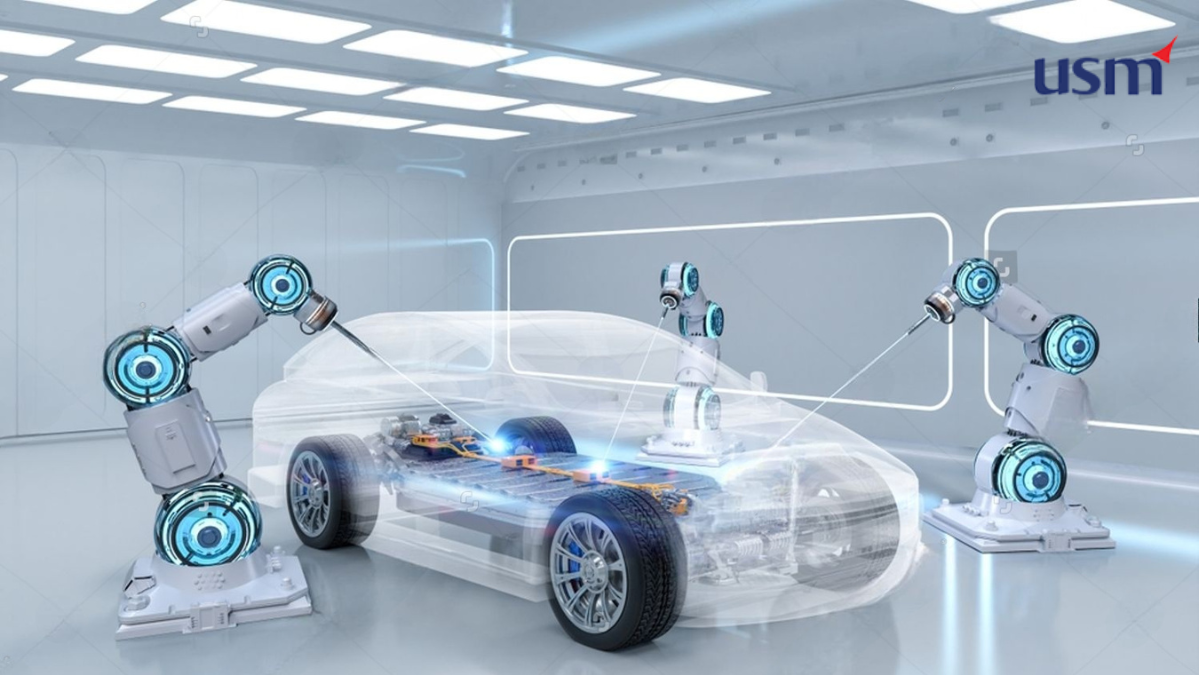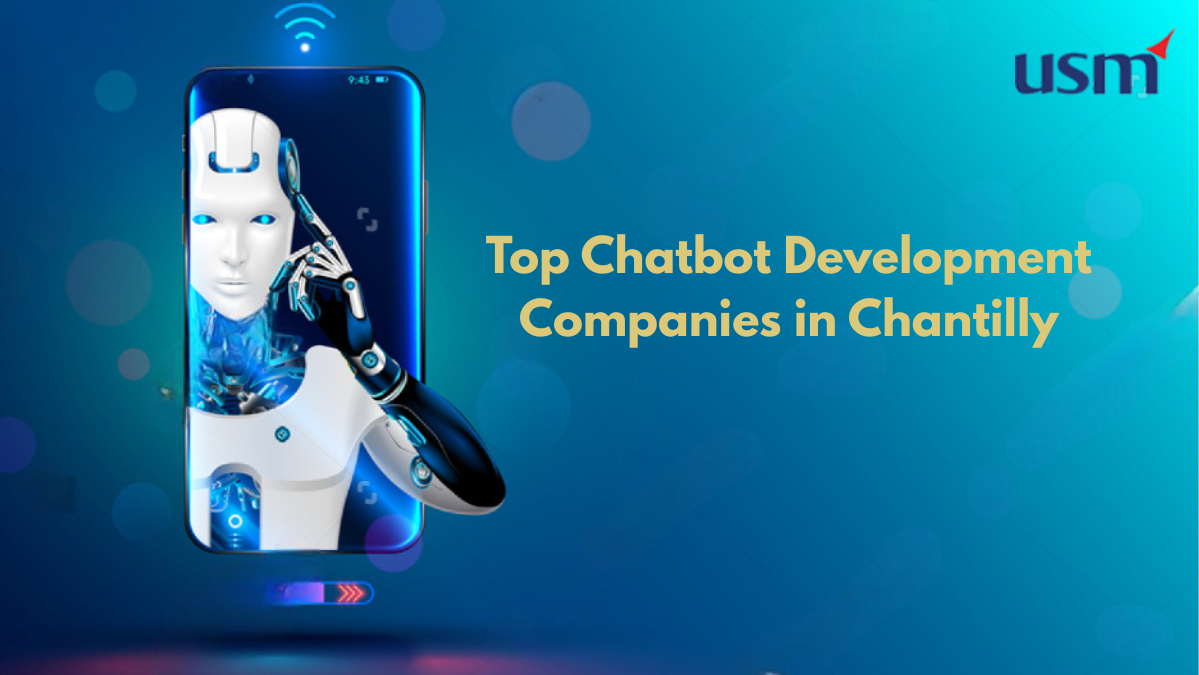How AI is Revolutionizing the Automotive Industry in 2025

Strong 8k brings an ultra-HD IPTV experience to your living room and your pocket.
Artificial Intelligence (AI) has become one of the most disruptive technologies in the automotive industry. As we move further into 2025, AI is no longer just a futuristic concept—it’s a real, tangible force transforming every part of the automotive value chain. From design and production to in-vehicle experience and after-sales service, AI is redefining what vehicles are and how we interact with them.
Let’s dive into how AI is revolutionizing the automotive industry in 2025.
1. Autonomous Driving is Becoming a Reality
Self-driving cars have long been the poster child for AI in the automotive world. In 2025, autonomous vehicle (AV) technology has made significant strides. AI-powered sensors, cameras, LiDAR, and radar systems now work together with advanced neural networks to make real-time decisions with improved safety and efficiency.
Many urban areas are witnessing Level 4 autonomous taxis operating in geo-fenced zones. Companies like Tesla, Waymo, and Cruise have rolled out fleets capable of navigating traffic, recognizing pedestrians, and responding to unpredictable road situations—all powered by AI.
This evolution not only enhances road safety by reducing human error but also opens up new opportunities in mobility services, logistics, and fleet management.
2. Predictive Maintenance and Vehicle Health Monitoring
AI is also transforming vehicle maintenance through predictive analytics. Instead of waiting for a warning light to appear, modern AI systems continuously monitor engine performance, brake conditions, tire pressure, and other components using IoT sensors.
In 2025, connected cars use machine learning algorithms to predict potential failures before they happen. This allows for timely maintenance, reduces vehicle downtime, and lowers long-term repair costs. AI-driven diagnostic tools have become more precise, helping technicians troubleshoot issues quickly and accurately.
3. Personalized In-Car Experience
The modern vehicle is no longer just a mode of transportation—it’s a personalized digital assistant. AI is behind the wheel when it comes to creating intelligent in-car experiences.
Voice assistants powered by Natural Language Processing (NLP) have evolved to offer real-time language translation, navigation assistance, personalized entertainment, and even stress monitoring. AI systems learn driver preferences over time—from preferred seat positions and temperature settings to favorite playlists.
By 2025, AI has also enabled emotion-detection technologies using facial recognition and biometric sensors. This allows vehicles to adapt the cabin environment based on the driver’s mood—playing relaxing music during stressful commutes or activating safety features when fatigue is detected.
4. AI in Manufacturing and Quality Control
Beyond the driver’s seat, AI is making a massive impact in automotive manufacturing. Robotics, powered by AI, are now more agile and intelligent than ever before. They are capable of performing complex assembly tasks, inspecting parts, and managing inventory with minimal human intervention.
Machine vision systems inspect thousands of parts per minute, ensuring top-quality output with reduced error rates. Predictive analytics tools are used in supply chain logistics to forecast demand, reduce waste, and optimize delivery schedules.
Automotive giants like BMW, Toyota, and Ford are using AI to shorten production cycles and lower costs, helping them stay competitive in an increasingly demanding market.
5. AI and Connected Cars
The rise of connected vehicles has further strengthened AI’s role in the industry. These vehicles communicate with each other (V2V), with infrastructure (V2I), and with cloud systems (V2X). AI processes this massive amount of data in real-time to provide actionable insights.
In 2025, smart cities and connected infrastructure have enabled smoother traffic flow through AI-coordinated traffic lights and routing. Vehicles receive real-time updates about hazards, road closures, and congestion, improving both safety and efficiency.
Fleet managers use AI to optimize routes, monitor driver behavior, and reduce fuel consumption. This results in cost savings and environmental benefits, making transportation greener and smarter.
6. Enhanced Safety Features
Safety has always been a critical focus in the automotive sector, and AI has taken it to the next level. Advanced Driver Assistance Systems (ADAS) like automatic emergency braking, lane-keeping assistance, blind-spot detection, and adaptive cruise control are all powered by AI.
By 2025, AI has improved these systems with better object recognition and decision-making capabilities. Cameras and sensors feed data into AI models that interpret surroundings faster and more accurately than ever before.
Additionally, AI helps in post-accident analysis. Insurance companies and manufacturers use AI to reconstruct events, determine causes, and enhance future safety features.
7. AI-Driven Design and Prototyping
Vehicle design is another area where AI is accelerating innovation. Generative design tools powered by AI can produce thousands of design iterations based on specific goals like weight reduction, strength, and cost-efficiency.
Automakers are using AI to simulate how vehicles will perform under different conditions, drastically reducing the time and money spent on physical prototyping. Virtual testing using AI models is now standard practice in the industry, improving speed to market and product reliability.
8. AI in Sales and Customer Engagement
AI is also reshaping how vehicles are sold and marketed. Virtual showrooms, AI chatbots, and recommendation engines have become the new norm. Customers can now explore, customize, and even test-drive cars virtually with the help of AI.
In 2025, dealers and manufacturers use AI to analyze customer behavior, preferences, and feedback to provide personalized offers and enhance customer loyalty. AI-powered CRM systems help sales teams close deals faster and with higher satisfaction.
9. Environmental Impact and Sustainability
The push toward electric vehicles (EVs) and sustainable practices is deeply supported by AI. Smart energy management systems use AI to optimize EV battery performance, route planning based on charging station availability, and even grid interaction.
Moreover, AI helps in lifecycle assessment by analyzing the environmental impact of vehicle production, operation, and disposal. This helps automakers reduce their carbon footprint and meet increasingly strict environmental regulations.
Conclusion
As we navigate through 2025, it's clear that AI in the automotive industry isn’t just enhancing innovation—it’s redefining how vehicles are designed, built, and experienced. From smarter vehicles to safer roads, more efficient factories, and eco-friendly innovations, the impact of AI is wide-reaching and profound.
The automotive industry stands at the intersection of mobility and intelligence, with AI steering the journey forward. Partnering with the right AI development company can accelerate innovation, enabling the creation of autonomous, connected, and intelligent vehicles. The road ahead is not only autonomous and connected but also more personalized, sustainable, and intelligent than ever before.
Note: IndiBlogHub features both user-submitted and editorial content. We do not verify third-party contributions. Read our Disclaimer and Privacy Policyfor details.







